What Pool Chemicals Do I Need?

If you're a new pool owner, you may be overwhelmed by the range of pool chemicals available. If you're asking yourself "What pool chemicals do I need?" then the good news is that you probably don't need to use every type of chemical on the market. The exact range of must-have pool chemicals for your swimming pool depends on the properties of the water in your local area. In this post, you'll learn how to test your water and decide which pool chemicals to use.
What Pool Chemicals Do I Really Need?
The most basic pool chemical is chlorine, which sanitizes your pool to make it safe for swimming. Without chlorine, your pool will be teeming with bacteria and algae - yuck! You can buy chlorine in liquid, tablet or granular form to add to your pool. Alternatively, you can use a chlorine generator to convert salt into chlorine. Ask your pool installer whether this kind of device could be suitable for your pool.
It's important to get the chlorine level in your pool right. If there's too little, bacteria begin to thrive; too much and the chlorine will irritate a swimmer's skin and eyes. Chlorine levels should be between 1 and 3 parts per million (ppm). You'll need chlorine test strips or an electronic pool water tester to find out how much chlorine is in the water.
What Pool Chemicals Should I Use to Keep My Pool Clean and Clear?
Ultraviolet radiation from the sun breaks down the chlorine you add to your pool. Keep your chlorine levels in a safe range by adding a stabilizer chemical, such as cyanuric acid. The level of cyanuric acid in pool water should be between 30 and 100 ppm. Chlorine tablets usually have a stabilizer built in, but if you are using liquid, granular, or a salt chlorinator, you will definitely need to add a stabilizer.
Occasionally, you may need to shock your pool by adding a high dose of chlorine. Shocking your pool restores chlorine levels and kills algae, which makes it the ideal treatment for a pool that's looking slightly green. You can use calcium hypochlorite both as a pool shock treatment and as your regular pool-sanitizing chemical.
What Pool Chemicals Are Needed to Keep My Pool Equipment Working Well?
Pool water that is too acidic or too alkaline can damage your pool equipment or prevent chlorine from working properly. Use an electronic pool water tester or pH test strips to measure your pH level every day. The water is too acidic if the pH is below 7.2 and too alkaline if it's above 7.8. Add muriatic acid or granular acid to the deep end of the pool while the pump is running to decrease pH. A pH that is too low is less common, but if it does happen you can raise the pH by adding soda ash.
A you can see, there are several chemicals that you need to maintain your pool. These include chlorine, a stabilizer such as cyanuric acid, a pool shock treatment, and an acid to bring down the pH of your pool. You'll also need an electronic pool tester or testing strips to measure the levels of pool chemicals in the water. Remember to store your pool chemicals in a safe place, out of reach of kids and pets. By using the right pool chemicals wisely and safely, you can keep your pool in good condition all summer long.

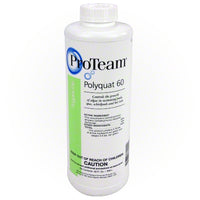
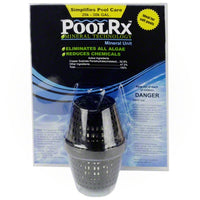
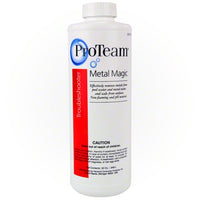
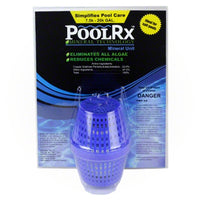
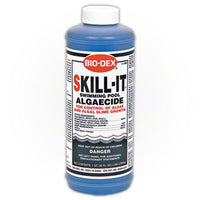
Leave a Comment